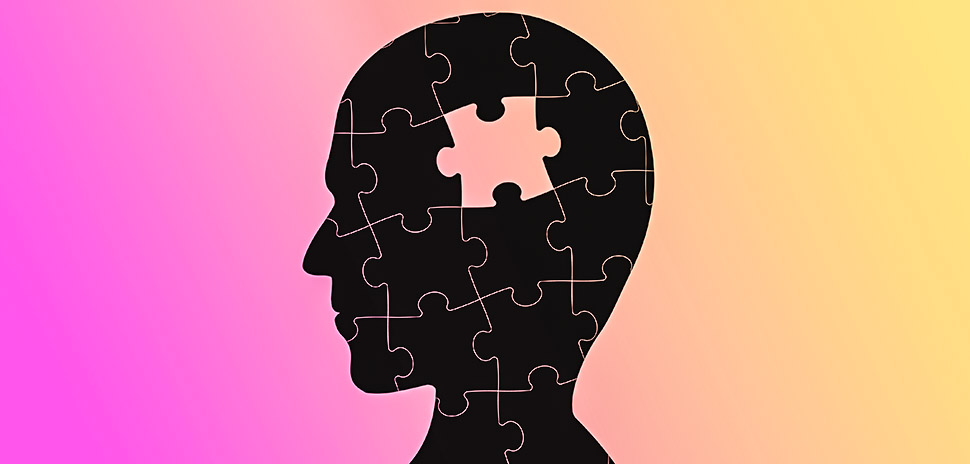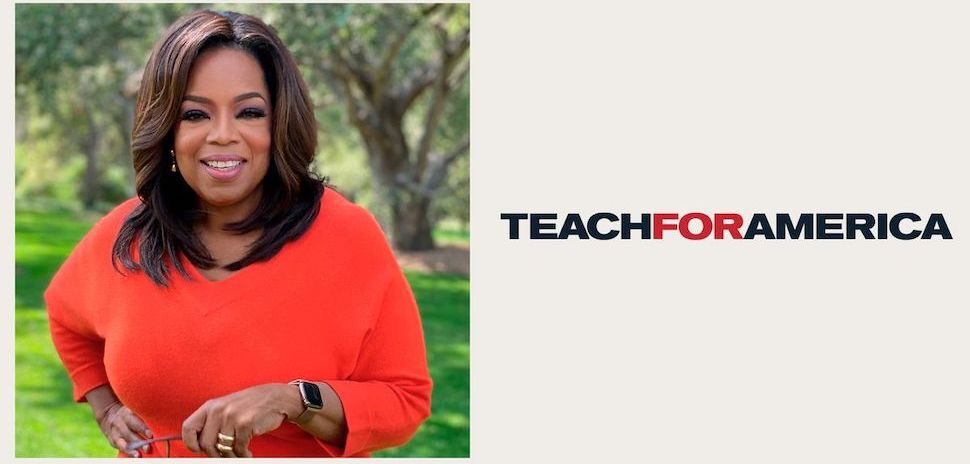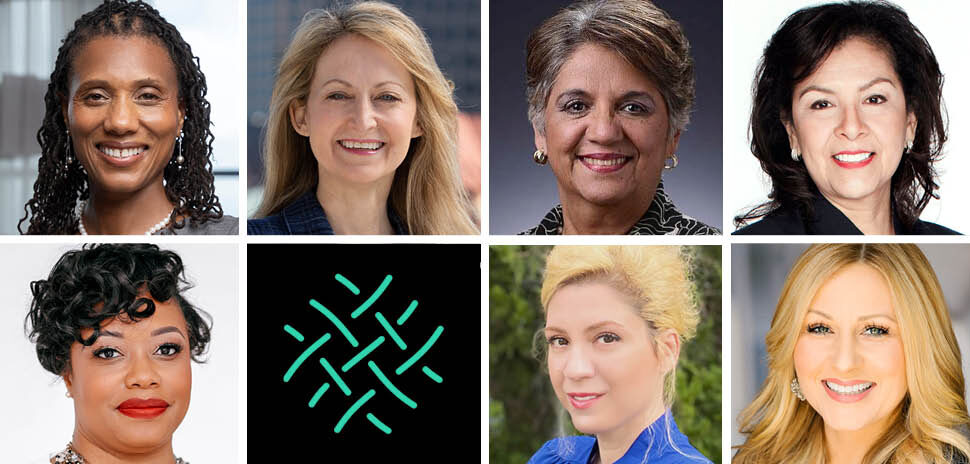The Rainwater Charitable Foundation has formed a strategic partnership with CurePSP, a New York-based nonprofit that focuses on PSP and other neurodegenerative diseases, in an effort to increase tissue access to researchers.
Together, the organizations will establish and initially fund a network of brain banks with the ability to share brain donations amongst themselves. The overall goal is to bring more effective treatments to patients with primary tauopathies like frontotemporal dementia (FTD) and progressive supranuclear palsy (PSP).
Fort Worth–based billionaire and philanthropist Richard Rainwater started the Rainwater Charitable Foundation (RCF) thirty years ago as a private family foundation that funds programs “with measurable success, strong leadership and the ability to scale for greater impact,” according to the RCF.
Almost twenty years later in 2009, Richard Rainwater was diagnosed with PSP, a neurodegenerative brain disease that destroys neurons and interferes with one’s behavioral and cognitive abilities and mobility. That is when the Rainwater Tau Consortium was created by the RCF to accelerate treatments of tauopathies, which are a currently incurable and mostly untreatable class of neurodegenerative diseases.
Rainwater ultimately died in 2015 as a result of PSP, but his foundation remains active in his pursuit, made clear through partnerships like the one announced today.
According to Dr. Amy Rommel, scientific program director for RCF, brain banks have been scattered across the globe without the sufficient infrastructure needed to centralize donations or make them easily and broadly accessible to researchers. Meeting that need is the hope of this partnership.
The RCF and CurePSP have made initial investments of $1 million and $250,000 respectively, launching the first of a three-phase plan to advance the brain bank infrastructure.
The project is an expansion of CurePSP’s existing collaboration with the Mayo Clinic, which reimburses families for the cost of the brain removal procedure.
Vice President of Scientific Affairs at CurePSP Dr. Kristophe Diaz says the initiative is “not only fundamental to advancing our understanding of these complex diseases but is also a cornerstone to increasing the impact of brain donations.”
The four institutions with biobanks currently involved—Boston University School of Medicine, Ichan School of Medicine at Mount Sinai, Mayo Clinic and University of California San Francisco—represent the first step towards a robust, global, brain bank network.
![]()
Get on the list.
Dallas Innovates, every day.
Sign up to keep your eye on what’s new and next in Dallas-Fort Worth, every day.






























